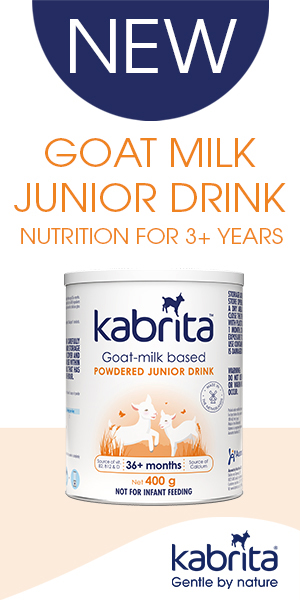
5 Things New Parents Can do to Increase Infant Attachment
Attachment is the process through which infants bond with their caregivers. This usually means Mom, Dad, and if there is another caregiver in the picture nanny or early education professional. Building this relationship is about establishing trust, safety, a sense of comfort and connection. Men and women bond differently to their babies but both kinds of bonding are valid and necessary. Men bond through face to face interaction. Holding the baby and gazing into their faces. I can do this for hours. Studies also show men never pick up their infant the same way twice, this adds a variety in the interaction and give infants a sense of adventure and knowing the world can be unpredictable. While, moms also gaze into baby’s face, they also tend to talk to baby and cuddle more. Holding the infant close to the body and nurturing them. The important thing is a child is bonding with both parents. There are five things parents can do to purposely bond with their child. Hold them as much as possible during the first year. Meet the need they are crying about quickly. Talk, read, and interact with them consistently. Eliminate all screen-time before age 3. Spend time together as a family. 1. Hold them as much as possible during the first year Hold them as much as possible the first year. There is an old piece of advice which says if you hold a child too much they will expect it, so it is best not to hold them too much. However, the research supports holding infants is the best way to develop an emotional, physical, and life long bond. Touch is very important to infants. The discovery was made as researcherswanted to know why some orphanages has an infant mortality rate of 30+% and also a failure to thrive rate as well. The answer was not enough touch. I am not saying you should never put your child down. You have a life to live and they need sometime to just be. But, do not hinder yourself from holding them you will not spoil them by holding them too much. In fact the opposite is true. Holding your child and helping them develop a secure attachment is what gives them the security and confidence to explore the world when they are developmentally ready to do so. 2. Meet their needs as quickly as possible Children are new to the world and we teach them about the world by how we treat them and what we do for them. A child whose needs are met quickly develop a sense of trust and reliability on their parents and the world. Are you always going to be able to meet their needs now! No, and I do not expect you to and you should not expect that of yourself . However, meeting the need as soon as humanly possible is a key component of developing a secure bond between you and your child. Keep in mind sometimes meeting the need is tolet them cry. If you want your baby to be able to put themselves to sleep; an important part of that process is to allow them to cry themselves into an exhausted sleep. Is that easy. NO! Is it necessary? It depends do you want to rock them to sleep forever? 3. Talk, read, and interact with them consistently Human beings are social creatures and need interaction with others. You need to be this connection for your infant. So, talk to them you can just speak. Pretend they can understand everything you say and just talk. The more you talk the them the sooner they will begin to understand and the sooner they will talk back to you. I have one friend who is a complete chatter box. Her son was speaking in complete sentences by age 3. Hold them and read stories. There is so much connection in holding a book and your young child and reading and holding the book. Interact,move them around and build arm and leg strength by letting them hold onto your finger and pull, or by gently bending their legs and letting them brace their feet on your hands and push on your hands. Play peek-a-boo, blow raspberries on their necks and tummies, take something bright and colorful and let them follow it with their eyes as you wave it in the air. Just love them and play with them. It is this activity which build love, connection, trust, and attachment. 4. Eliminate all screen time before age 3 The research is ever growing that brain development and screen time are mutually exclusive. Young children need and crave the complexity of human interaction. Screen time numbs their brain activity and eliminate the brains ability to make complex neuroconnections needed in later life. I am no expert on this but a site I follow has a blog by someone who has the pulse on this issue; I suggest you read it! The long and the short of it for this post is that screen time can literally cause brain damage in young children! 5. Spend time together as a family Bonding among the rest of the family and the baby is most cemented by spending time together as a family. As much as possible include the infant in the activities the family enjoyed be for the birth. If the family enjoyed camping before then camping after may have to include a trailer or RBV to ensure the baby has all of their needs met. You may have to think outside of the box in order to accomplish this however, family life should not stop because there is now a baby. Instead find a way to incorporate the baby’s needs and continue on with living. It is a mistake to make the family’s life surround the baby. These five points will help you to build bonds with your infant and strengthen bonds with each member of the family. I hope you enjoy this time! Believe in Parenting






























